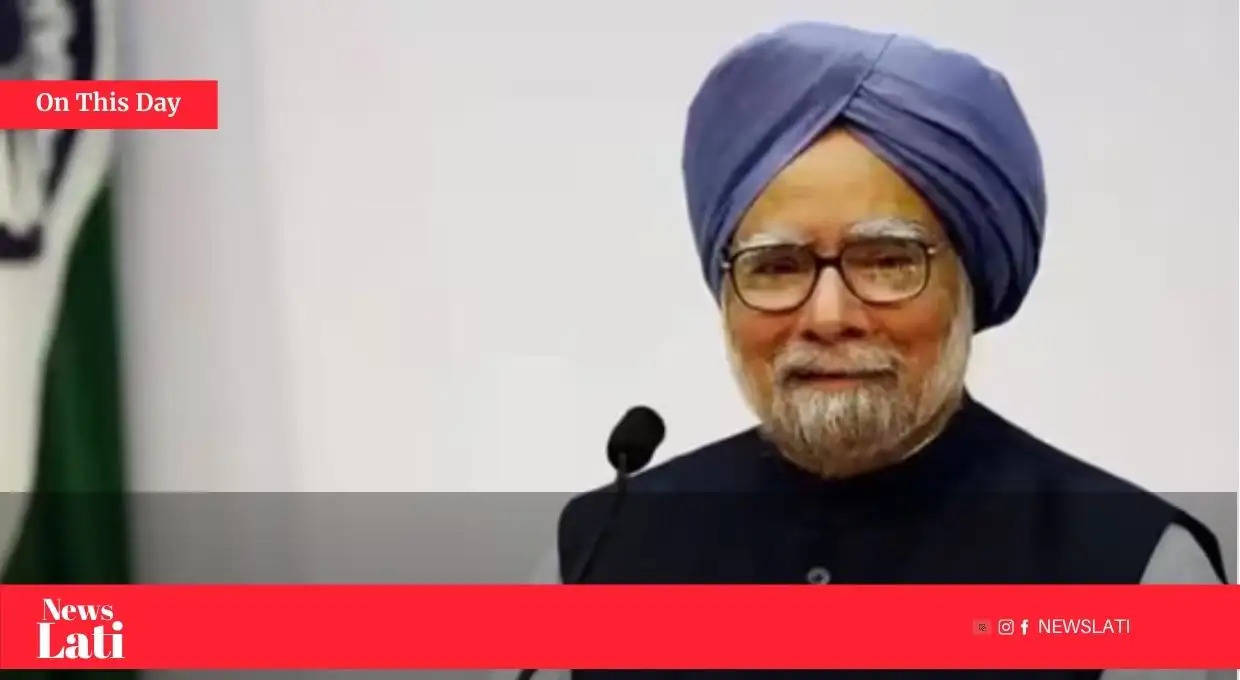Dr. Manmohan Singh: The Architect of Modern India
A Legacy of Transformative Policies and Economic Reforms

-
Introduction of Right to Information (RTI) in 2005.
-
Launch of Mahatma Gandhi National Rural Employment Guarantee Act (MGNREGA) in 2005.
-
Historic Indo-US Nuclear Agreement in 2005.
-
Implementation of Aadhaar Scheme in 2009.
-
Establishment of Right to Education in 2009.
-
Enactment of National Food Security Act in 2013.
-
Passage of the Land Acquisition, Rehabilitation and Resettlement Act in 2013.
Dr. Manmohan Singh, who served as India's Prime Minister from 2004 to 2014, is celebrated as the architect of modern India due to his pivotal role in initiating several landmark policies that reshaped the socio-economic landscape of the country. His tenure was marked by a series of reforms aimed at increasing transparency, alleviating poverty, and integrating India into the global economy.
In 2005, under his leadership, the Right to Information Act (RTI) was passed, empowering citizens with the right to access information held by public authorities, thereby promoting transparency and accountability in governance. The same year saw the introduction of the Mahatma Gandhi National Rural Employment Guarantee Act (MGNREGA), which guaranteed 100 days of wage employment per year to rural households, significantly impacting rural economies and providing a safety net for the economically disadvantaged.
Also in 2005, Singh's government secured the Indo-US Civil Nuclear Agreement, a controversial yet pivotal move that positioned India as a responsible nuclear state in the international community, allowing access to civilian nuclear technology despite not being a signatory to the Nuclear Non-Proliferation Treaty.
The launch of the Aadhaar Scheme in 2009 aimed at giving every resident a unique identity number, which later transformed into a tool for financial inclusion and direct benefit transfers, reducing corruption in welfare distribution. The Right to Education Act, also passed in 2009, mandated free and compulsory education for children aged 6 to 14, aiming to universalize elementary education across India.
Later, in 2013, the National Food Security Act was legislated, ensuring subsidized food grains for nearly two-thirds of India's population, which was a significant step towards food security. The same year, the Land Acquisition, Rehabilitation and Resettlement Act was enacted, offering more humane terms for land acquisition and better compensation for those displaced, reflecting a balanced approach to development and human rights.
These reforms under Dr. Singh's stewardship not only bolstered India's economic framework but also aimed at social equity, leaving a lasting legacy in Indian policy-making. His contributions are a testament to his vision of an inclusive and progressive India.
